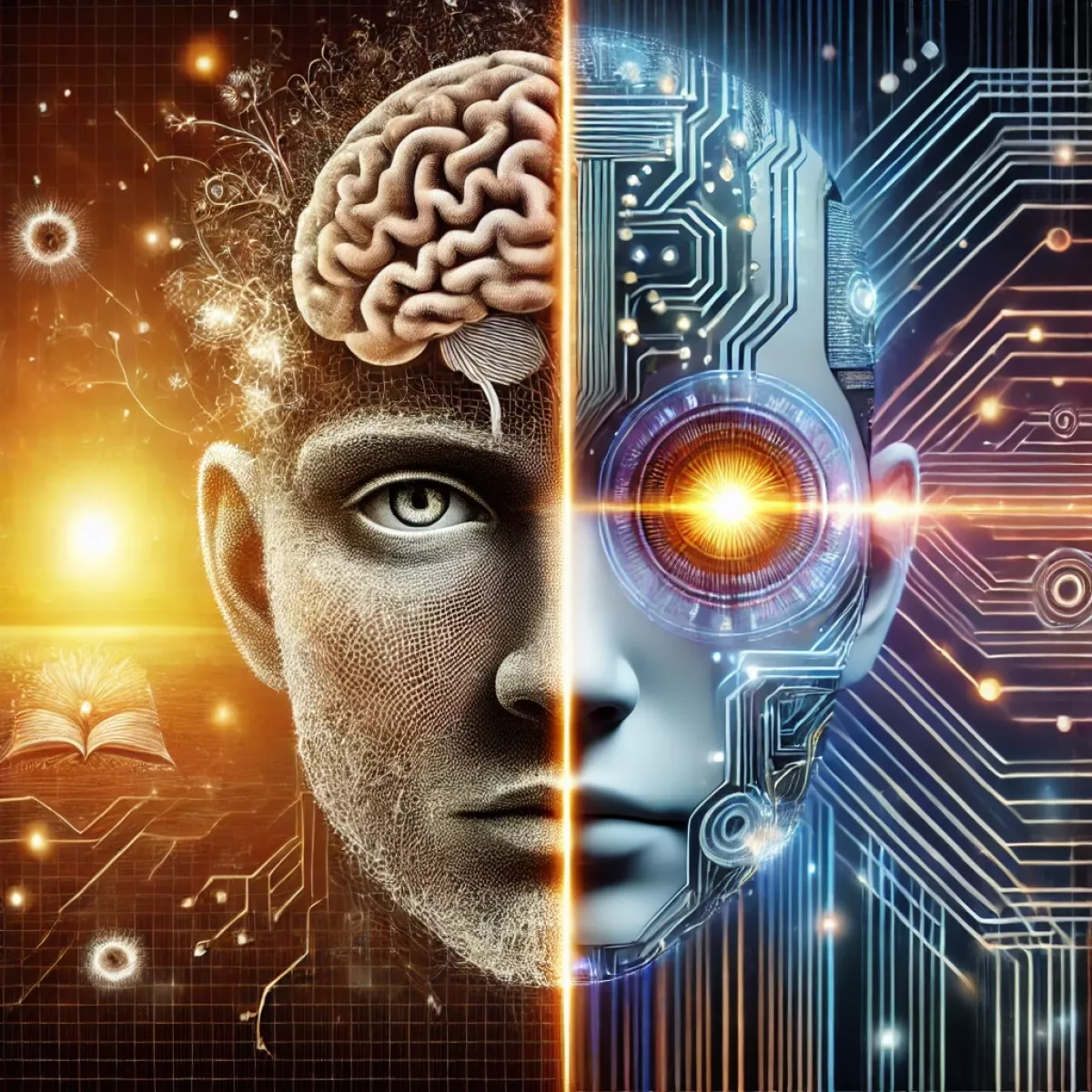OpenAI’s o1 model outperforms physics PhD students Is university still worth it?
OpenAI’s recent release of its new o1 model (also known as “Strawberry”) has created shockwaves in the artificial intelligence (AI) industry. Unlike previous chatbots from OpenAI, the new model takes time to reason before answering a question, making it vastly more intelligent than current models.
Whereas the previous GPT4o model scored just 59.5% on PhD-level physics problems, o1 scored an impressive 92.8%, surpassing many human PhD physics students. GPT-4 has also scored in the top 10% of test takers on a simulated bar exam.
As we witness AI’s rapid rise, it’s natural to wonder if this technology could render some degrees—and perhaps even education itself—less essential. Will a future filled with hyper-intelligent AI mean greater job insecurity? Should students consider skipping university if machines might soon perform their dream careers better and faster? These are critical questions in today’s evolving world.
Undoubtedly, a university degree will still be valuable, especially for fields that require deep analytical, creative, or interpersonal skills. Degrees in fields like engineering, healthcare, psychology, and the arts continue to hold strong value. These disciplines rely on complex problem-solving, ethical considerations, human empathy, and creative thinking, which are skills AI still can’t fully replicate. Furthermore, university instils critical thinking and adaptability—traits crucial for any career. In the future, AI will likely be implemented in educational facilities to complement the education students receive and teach them skills valuable in our modern world.

However, some degrees may be more vulnerable to automation. Routine-based tasks within fields like accounting, data entry, and customer service are at particular risk, as these are areas where AI already demonstrates considerable competence. This doesn’t mean these fields will disappear, but that they’ll most likely change, requiring different skill sets, especially ones relating to leveraging AI.
To prepare for this shift, educating oneself on digital skills is imperative. Learning how to work alongside AI and leverage its abilities to enhance human creativity and efficiency is essential. Professionals looking to succeed in our future AI-dominated economy should pursue digital literacy, coding basics, and data analysis—skills increasingly valuable in every industry. Moreover, parents should play a pivotal role in helping their children become digitally educated, ensuring future success. There are many governmental projects in Azerbaijan for citizens who wish to improve their digital skills, such as the Azerbaijan Artificial Intelligence Academy and the ICT Applying and Training Center, which are under the Ministry of Digital Development and Transport.
While AI can perform an impressive range of tasks, we must remember that humans will still be central to our future economy. Those who are capable of adeptly leveraging AI’s capabilities will outperform others. Thus, by pursuing a well-rounded education and building our digital skills, we can ensure our success in the economy of the future.
By Orkhan Mammadov








